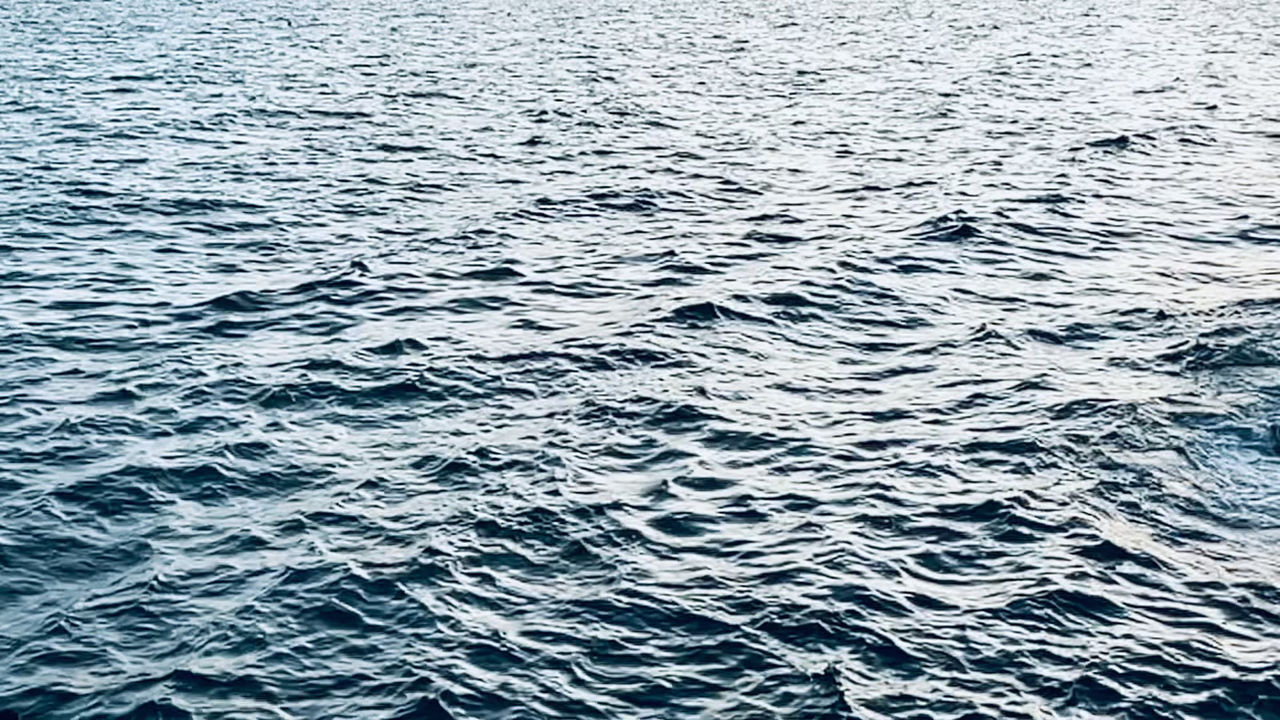
New Directions in Mathematical Modelling of Ocean Wave Energy
Video: H. Alemi Ardakani, Waves in Cornwall.
The first meeting will be held on Tuesday 4 June 2024 at the Plymouth COAST Laboratory. If you would like to attend the meeting, please register by sending an email to h.alemi-ardakani@exeter.ac.uk
This Network is concerned with the underpinning mathematics for sustainable energy generation from ocean waves. Harvesting of clean energy via Wave Energy Convertors (WECs) is one of the great challenges of the sustainable energy agenda. To unlock the potential of wave energy, a range of mathematical modelling, methods of analysis, geometry and numerical methods – for highly-coupled nonlinear systems, and innovative engineering design concepts, are needed. This research network links research groups in Mathematics at Surrey (node leader Professor Thomas J. Bridges), the COAST research group at Plymouth (node leader Dr Simone Michele), and Mathematics at Exeter (node leader Dr Hamid Alemi Ardakani).
It is estimated that each year the waters around the UK contain wave energy of the order of twice the amount of energy required to supply the UK’s energy needs for that year. The extraction of this energy is one of the great underutilized branches of renewable energy, and the UK is well placed to exploit this energy, with the UK having about 35% of the total wave energy available to all of Europe. Currently, the UK is the undisputed leader in marine energy extraction with more wave and tidal devices being tested in these waters than in the rest of the world combined.
This Research Network aims to bridge the gap between mathematicians, engineers, applied scientists, and ocean wave and marine renewable energy communities who work on the development of new efficient ways of wave energy conversion and in particular wave energy converters with flexible/deformable components.
Three one-day research workshops will be held between October 2023 and September 2025. Each research meeting will be organised about a general theme. Topics under consideration will include:
University of Exeter:
New advances in mathematical modelling and numerical analysis in ocean wave energy.
This meeting will be devoted to new mathematical models and numerical algorithms for nonlinear water waves and wave-structure interactions. Topics will include: New geometric formulations for highly-coupled nonlinear systems in ocean wave energy. New structure-preserving and conservative algorithms for long-time computational modelling of water waves and wave-structure + flexible membrane interactions and boundary coupling. New advances in Computational Fluid Dynamics (CFD) and machine learning methods for wave-structure interactions and ocean wave energy.
University of Plymouth, COAST Laboratory:
Flexible responsive systems in ocean wave energy.
This meeting will be devoted to recent advances in flexible wave energy converters. Topics will include: Wave basin model tests for WEC systems with deformable materials. Experimental results, their analysis and comparison with theoretical models. New numerical models used in COAST Laboratory. New technological advances for wave energy converters with deformable and flexible components. Representatives of WECs stakeholders, relevant industry companies and academics leading research projects in the field, will be invited to this meeting.
University of Surrey:
New software developments in ocean wave energy.
This meeting is envisioned as a showcase of the numerical codes and software developed in flexible wave energy converter research projects, and also recent software developments for wave-structure interactions (e.g., the works of CCP-WSI Network). This meeting will bring together representatives of the UK community of mathematicians, engineers, and applied scientists who are interested in ocean wave energy modelling. Topics will include: New structure-preserving and conservative numerical codes for long-time computational modelling of wave energy extraction. How to use and extend new computational fluid dynamics tools developed for wave-structure interactions and wave-flexible structure interactions. New directions in documenting existing software in wave energy.
Acknowledgements:
This Research Network is sponsored by the Isaac Newton Institute for Mathematical Sciences (INI) and the Engineering and Physical Sciences Research Council (EPSRC) under grant number EP/V521929/1.
For any enquiries, please contact Hamid Alemi Ardakani.




